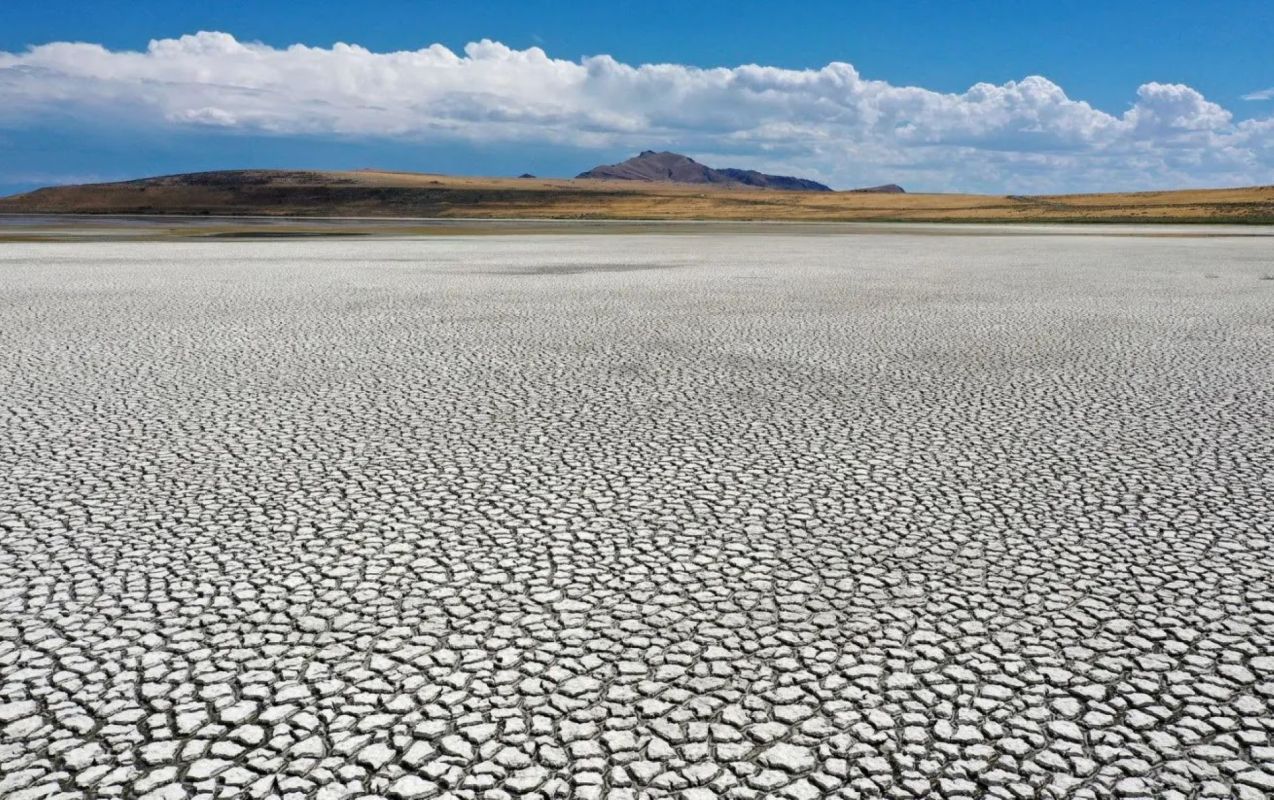Salt Lake City, the capital of Utah, is named after the Great Salt Lake, the largest inland body of salt water in the western half of the globe.
Unfortunately, the Great Salt Lake has suffered greatly from years of drought, and while this year's heavy snow and rain have raised the water level, the lake remains in danger.
However, a recent poll showed that fewer Utah residents are concerned about the lake than before — a fact that could make it harder to take water-saving measures.
What's happening with the Great Salt Lake?
In January, a group of researchers presented a report saying that if the Great Salt Lake didn't get a huge amount of water by 2024, it could disappear within the next five years.
As Great Salt Lake Collaborative pointed out, the lake was at its lowest water level since monitoring began 175 years ago. Larger boats had to be removed from the lake because it wasn't deep enough for them anymore.
Now, water from Utah's melting snowpack has raised the lake's level by about five feet, Great Salt Lake Collaborative reported — enough to invite those boats back. However, the lake is still much lower than its historic level, and experts remain concerned.
Most Utah residents are also concerned, according to the new poll, which was a joint effort between Deseret News and the Hinckley Institute of Politics. According to the poll, 74% of residents are still worried about the lake.
However, Great Salt Lake Collaborative reported that that number is down from 80% last year.
Why does this result matter?
The Great Salt Lake is vital to Utah's people and wildlife. Industries like mining and aquaculture depend on the water from the lake. Also, because it's so full of minerals, it leaves behind fine, toxic dust when it dries, which damages the air quality and causes health problems for people.
Meanwhile, the report from January indicates that the lake drying up would harm local wildlife and migrating birds.
Saving the Great Salt Lake depends on measures like water conservation. The more people are willing to help, the better the chances of success. If fewer people are concerned about the lake, as this recent poll showed, then the remaining supporters will have an uphill battle.
"I think there's a tendency when we have a good water year for people to think that the problems are solved," the new Great Salt Lake Commissioner, Brian Steed, told Great Salt Lake Collaborative.
"Unfortunately on the Great Salt Lake, that one good water year was preceded by many, many bad water years," Steed continued. "In order to get out of that deficit, it is going to take more than one good year, so it's not time for us to give up on water conservation."
Join our free newsletter for cool news and cool tips that make it easy to help yourself while helping the planet.









